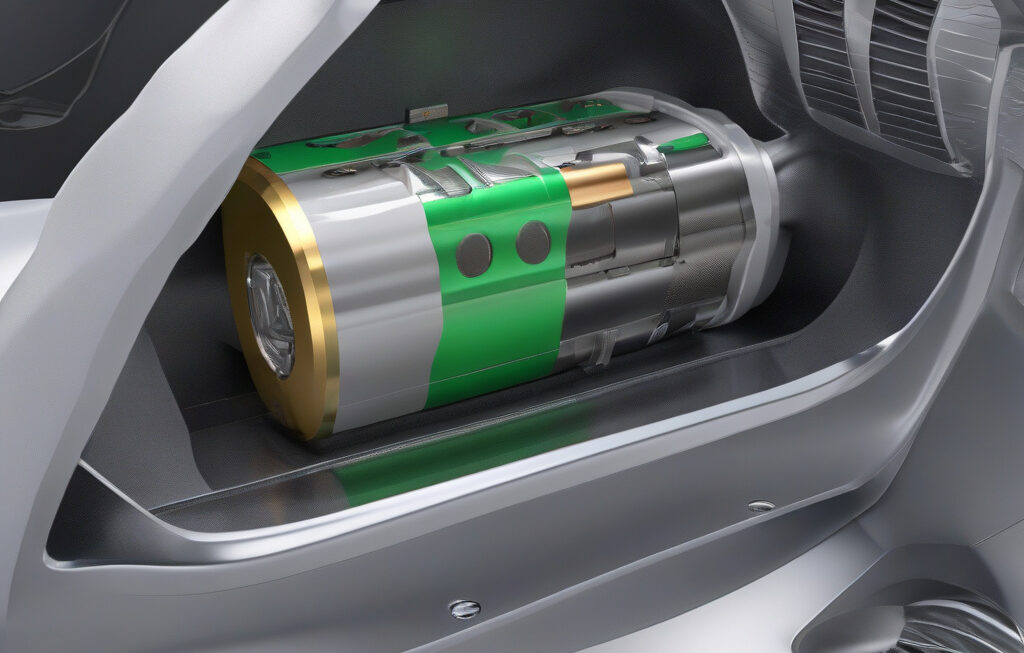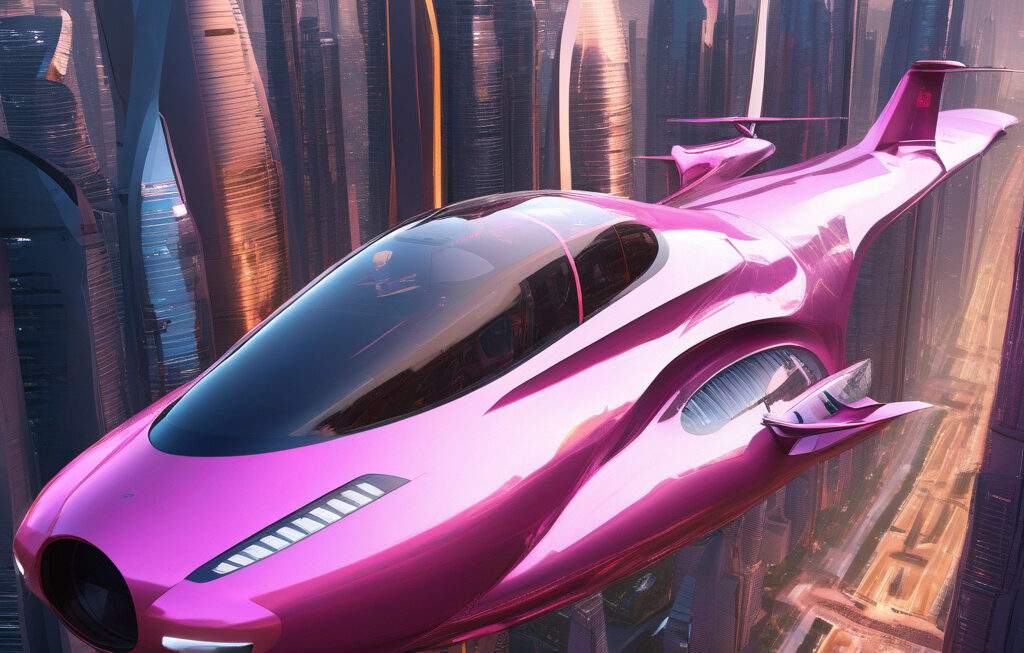The Comeback of the Range Extender: How ‘Outdated’ EV Tech Takes Over Roads in China
Ni Tao is IE’s columnist, giving exclusive insight into China’s technology and engineering ecosystem. His Inside perspective offers a unique glimpse into the trends shaping the automotive industry in the world’s largest electric vehicle (EV) market. One of the most intriguing developments in this space is the resurgence of the range extender, a technology once deemed outdated in the era of pure electric vehicles.
While EV purists advocate for all-electric powertrains to reduce emissions and dependence on fossil fuels, the practical limitations of battery technology have prompted a reevaluation of range extenders. These devices, essentially small gasoline or diesel engines that generate electricity to recharge the EV’s battery on the go, address the issue of range anxiety that plagues many electric car owners. By providing an additional source of power, range extenders offer the flexibility and peace of mind needed to drive longer distances without the need for frequent recharging stops.
In China, where ambitious government targets aim to phase out internal combustion engine vehicles, the comeback of range extenders presents a compelling solution to accelerate EV adoption. The country’s vast territory and uneven distribution of charging infrastructure make long-distance travel a challenge for traditional EVs. By integrating range extenders into electric vehicles, manufacturers can cater to consumers’ need for extended range capabilities without compromising on sustainability.
One company at the forefront of this trend is Nio, a Chinese EV manufacturer known for its innovative approach to vehicle design. Nio’s range-extended electric sedan boasts an impressive electric-only range while offering the option for a backup generator to kick in when the battery runs low. This hybrid solution combines the benefits of clean electric propulsion with the peace of mind of extended range, appealing to a wider range of consumers with diverse driving needs.
The resurgence of range extenders also aligns with China’s push towards a more diversified energy mix in transportation. By embracing a combination of electric and combustion engine technologies, the country can leverage its existing infrastructure while transitioning towards a greener future. This hybrid approach not only bridges the gap between traditional and electric vehicles but also accelerates the overall decarbonization of the transportation sector.
Moreover, the adoption of range extenders in EVs opens up new opportunities for collaboration between automakers and energy providers. By exploring innovative charging solutions, such as mobile generators or swappable battery packs, stakeholders can create a more robust and resilient charging ecosystem that caters to the evolving needs of electric vehicle owners. This collaborative effort towards sustainable mobility reflects China’s commitment to driving technological advancements in the automotive sector.
As the global automotive industry shifts towards electrification, the comeback of range extenders signifies a nuanced approach to addressing the challenges of EV adoption. By combining the best of both electric and combustion engine technologies, manufacturers can offer versatile solutions that meet consumers’ expectations for performance, range, and sustainability. In the dynamic landscape of China’s EV market, where innovation thrives and consumer preferences evolve rapidly, the resurgence of range extenders marks a strategic move towards a more inclusive and practical electric vehicle ecosystem.
In conclusion, the comeback of range extenders in China’s EV market highlights the industry’s adaptability and ingenuity in overcoming technological barriers. By embracing hybrid solutions that blend old and new technologies, automakers can pave the way for a smoother transition to electric mobility, catering to a diverse range of consumer needs and driving sustainable innovation in the transportation sector.
China, EVs, Range Extender, Automotive Industry, Sustainability












